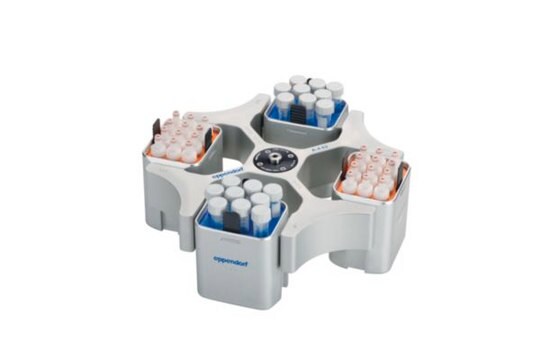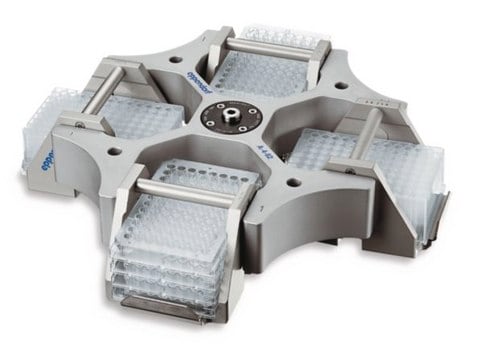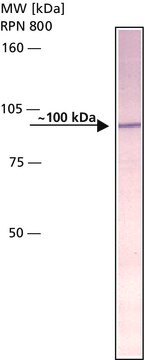MABN380
Anti-APP-C99 Antibody, clone mC99(70–80)
ascites fluid, clone mC99(70-80), from mouse
Synonym(s):
Amyloid beta A4 protein, ABPP, APPI, APP, Alzheimer disease amyloid protein, Cerebral vascular amyloid peptide, CVAP, PreA4, Protease nexin-II, PN-II
About This Item
Recommended Products
biological source
mouse
Quality Level
antibody form
ascites fluid
antibody product type
primary antibodies
clone
mC99(70-80), monoclonal
species reactivity
human, mouse
technique(s)
immunofluorescence: suitable
immunohistochemistry: suitable
immunoprecipitation (IP): suitable
western blot: suitable
NCBI accession no.
UniProt accession no.
shipped in
wet ice
target post-translational modification
unmodified
Gene Information
human ... APP(351)
General description
Immunogen
Application
Immunohistochemistry Analysis: A representative lot detected APP-C99 in APPS1 mice and in human Alzheimer brain tissues
(Houacine, J., et al. (2012). Neurobiol Aging. 33(11):2704-2714.).
Immunofluoresence Analysis: A representative lot detected APP-C99 in HEK APPSwe cells (Houacine, J., et al. (2012). Neurobiol Aging. 33(11):2704-2714.).
Neuroscience
Neurodegenerative Diseases
Quality
Western Blotting Analysis: A 1:2,000 dilution of this antibody detected APP-C99 in 10 µg of DAPT treated HEK293 cell lysate.
Target description
Physical form
Storage and Stability
Handling Recommendations: Upon receipt and prior to removing the cap, centrifuge the vial and gently mix the solution. Aliquot into microcentrifuge tubes and store at -20°C. Avoid repeated freeze/thaw cycles, which may damage IgG and affect product performance.
Disclaimer
Not finding the right product?
Try our Product Selector Tool.
Storage Class Code
12 - Non Combustible Liquids
WGK
nwg
Flash Point(F)
Not applicable
Flash Point(C)
Not applicable
Certificates of Analysis (COA)
Search for Certificates of Analysis (COA) by entering the products Lot/Batch Number. Lot and Batch Numbers can be found on a product’s label following the words ‘Lot’ or ‘Batch’.
Already Own This Product?
Find documentation for the products that you have recently purchased in the Document Library.
Our team of scientists has experience in all areas of research including Life Science, Material Science, Chemical Synthesis, Chromatography, Analytical and many others.
Contact Technical Service








